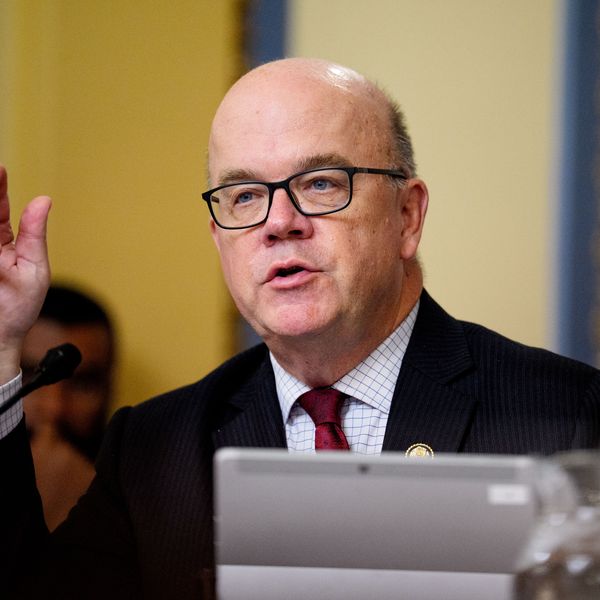The
Obama administration is seeking a "new beginning" in the hemisphere,
and a "more equal partnership" with Latin America - according to
President Obama's point man for the Summit of the Americas. The Summit
will gather 34 presidents from the Americas in Trinidad and Tobago on
April 17-19.
But there is little movement to
match the rhetoric, and the political gulf between Washington and most
of Latin America is large and growing.
As expected, the Obama administration announced the easing of travel
and remittance restrictions for Cuban-Americans with relatives on the
island, and also opened some communications links. This is welcome news
for these Cuban-Americans and some telecom corporations. But it will
not impress the rest of the hemisphere. Several presidents including
Lula da Silva of Brazil have called upon Obama to lift the 47-year-old
embargo. There is a widely shared resentment for what is seen as an
ugly reminder of an era when Washington too often decided which
governments in the region would stand and which would fall.
Cuba has until now been more of a domestic policy than a foreign policy
problem, due to the influence of right-wing Cuban Americans in Florida,
a state that has decided two of the last three U.S. presidential
elections. That is the simple reason that Obama will not lift the
embargo, but now the United States' Cuba policy is also becoming a real
foreign policy problem. Last month Senator Richard Lugar, a Republican
leader on foreign policy who is close to President Obama wrote to the
President that "our current approach [to Cuba] could serve as an
impediment to gaining support for larger goals" in the region.
He could have said the same about our approach to Venezuela, where Washington supported a failed military coup
against the elected government of President Hugo Chavez in 2002, and
has tried - unsuccessfully -- to undermine and isolate that government
ever since. Unfortunately, President Obama is also getting the wrong
advice on this issue. Although Chavez, like the other left presidents
in the region, welcomed the new U.S. president with open arms, the
Obama administration immediately initiated a war of words with hostile
statements that were sure to poison relations at the outset. This was a
mistake, even if it plays well in South Florida.
The Obama administration has also done very little to repair relations
with Bolivia, where the Bush administration's support for the political
opposition, its suspension of Bolivia's trade preferences in the U.S.
market, and a long history of unwanted interference subsumed under "the
war on drugs" has soured relations with Bolivia's first indigenous
president. The Obama team also has yet to reverse the Bush
administration's hostile January move within the WTO, when it objected
to Bolivia's request to exempt public hospitals and health care from
potential ownership by foreign corporations, in accordance with
Bolivia's new constitution.
Nothing would be easier than for this administration to turn a new page
and normalize relations with Cuba, Venezuela, and Bolivia. There are no
substantive issues preventing such normalization - none of these
countries has any nuclear programs, they are all against terrorism and
drug trafficking, and none of them poses even the slightest security
threat to the United States.
The political landscape of Latin America has changed drastically over
the last decade, with left governments now in power in most of the
region. Even before the current world recession, most of them had
rejected the failed economic experiment that the U.S. government still
supports. But Washington's foreign policy establishment has barely
changed its attitude toward Latin America. Until it does, the gulf
between North and South in the hemisphere will remain.
This op-ed was distributed by McClatchy Tribune Information Services.


